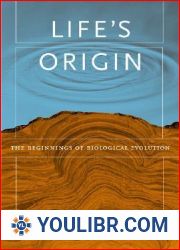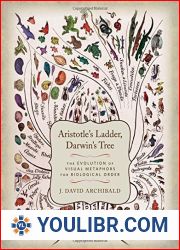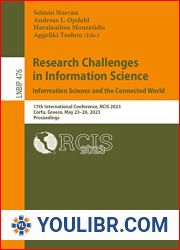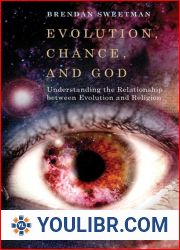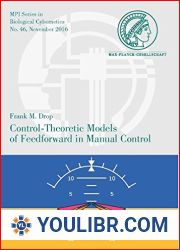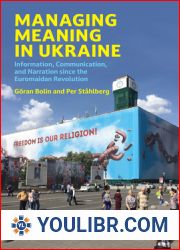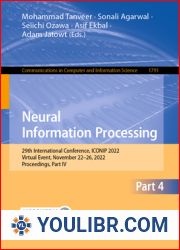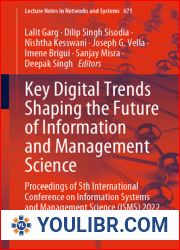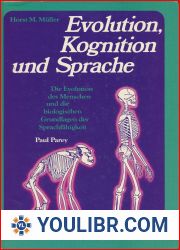
BOOKS - The Evolution of Biological Information: How Evolution Creates Complexity, fr...

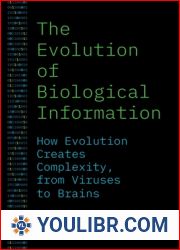
US $9.65

39059

39059
The Evolution of Biological Information: How Evolution Creates Complexity, from Viruses to Brains
Author: Christoph Adami
Year: January 16, 2024
Format: PDF
File size: PDF 50 MB
Language: English
Year: January 16, 2024
Format: PDF
File size: PDF 50 MB
Language: English
An argument that information is the unifying principle that allows us to understand the evolution of complexity in natureMore than 150 years after Darwin's revolutionary On the Origin of Species, we are still attempting to understand explain the amazing complexity of life. Although we now know how evolution proceeds to build complexity from simple ingredients, quantifying this complexity is still a difficult undertaking. In this book, Christoph Adami offers a new perspective on Darwinian evolution by viewing it through the lens of information theory. This novel theoretical stance sheds light on such matters as how viruses evolve drug resistance, how cells evolve to communicate, and how intelligence evolves. By this account, information emerges as the central unifying principle behind all of biology, allowing us to think about the origin of life - on Earth and elsewhere - in a principled manner.Adami, a leader in the field of computational biology, first provides an accessible introduction to the information theory of biomolecules and then shows how to apply these tools to measure information stored in genetic sequences and proteins. After outlining the experimental evidence of the evolution of information in both bacteria and digital organisms, he describes the evolution of robustness in viruses; the cooperation among cells, animals, and people; and the evolution of brains and intelligence. Building on extensive prior work in bacterial and digital evolution, Adami establishes that (expanding on Dobzhansky's famous remark) nothing in biology makes sense except in the light of information. Understanding that information is the foundation of all life, he argues, allows us to see beyond the particulars of our way of life to glimpse what life might be like in other worlds.








